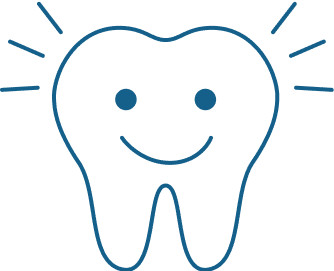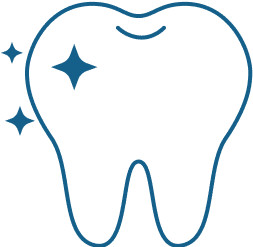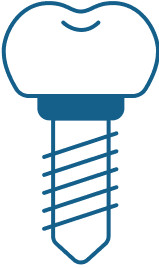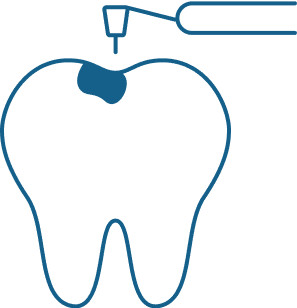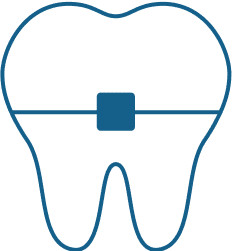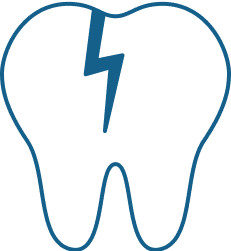TMJ Therapy Toronto
Temporomandibular Disorder (TMJ) is a misunderstood disorder that encompasses several types of jaw and dental issues. The common definition is a disorder that causes pain in the jaw joint and can include problems in jaw movement. Jaws can also click and lock with this disorder.

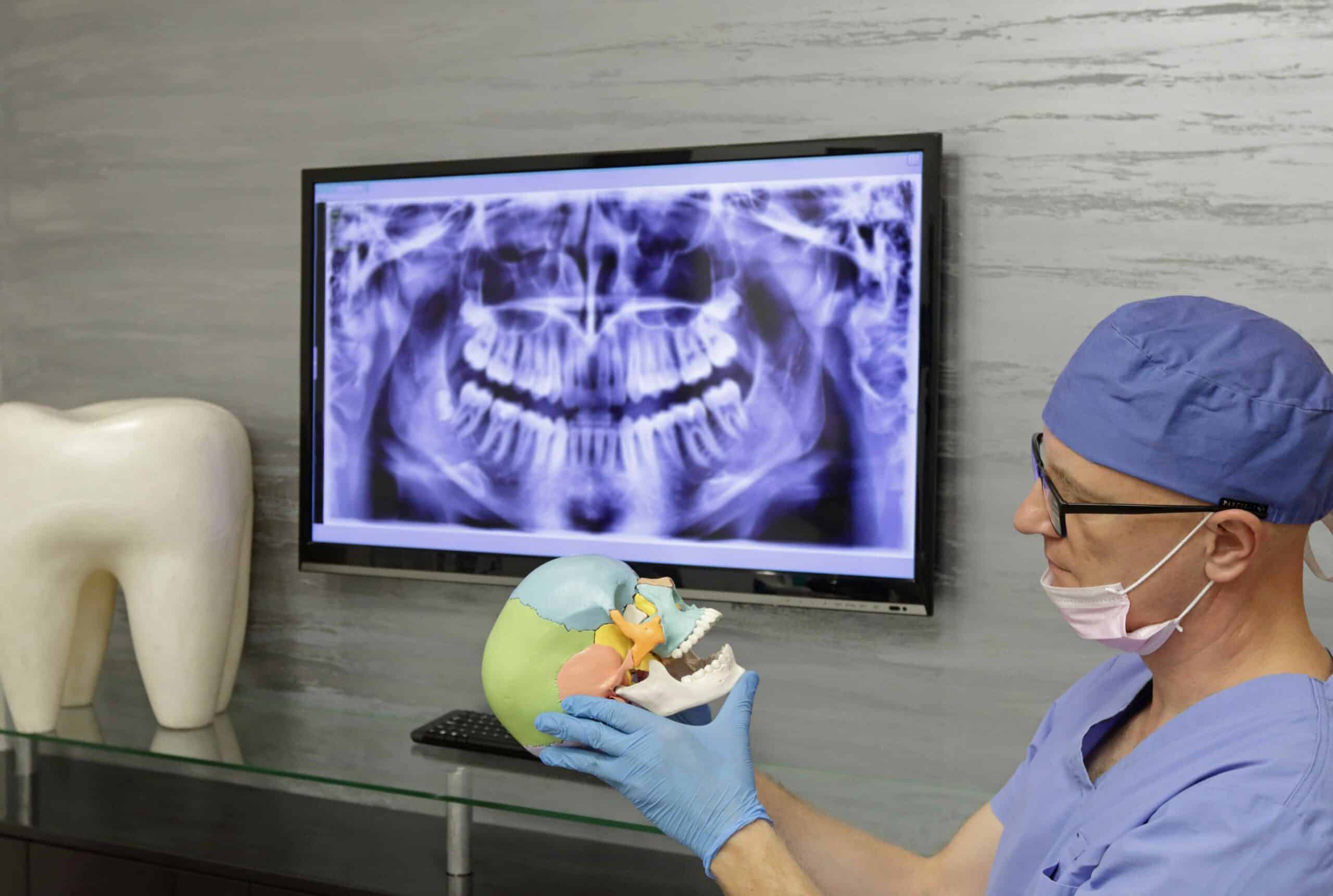

Comfortable Care
Providing sedation services with a caring staff to make your dental office visit a better experience.
Consultation
We provide treatment options and consultations that improve your oral health now and prevent issues as you age.
Highest Quality
Our new technology and educated dentists specialize in dental care that addresses both minor and major oral health issues.
Always Smiling
From our patient and compassionate staff to the dental care we provide our patients, our dental office will keep you smiling for years to come.
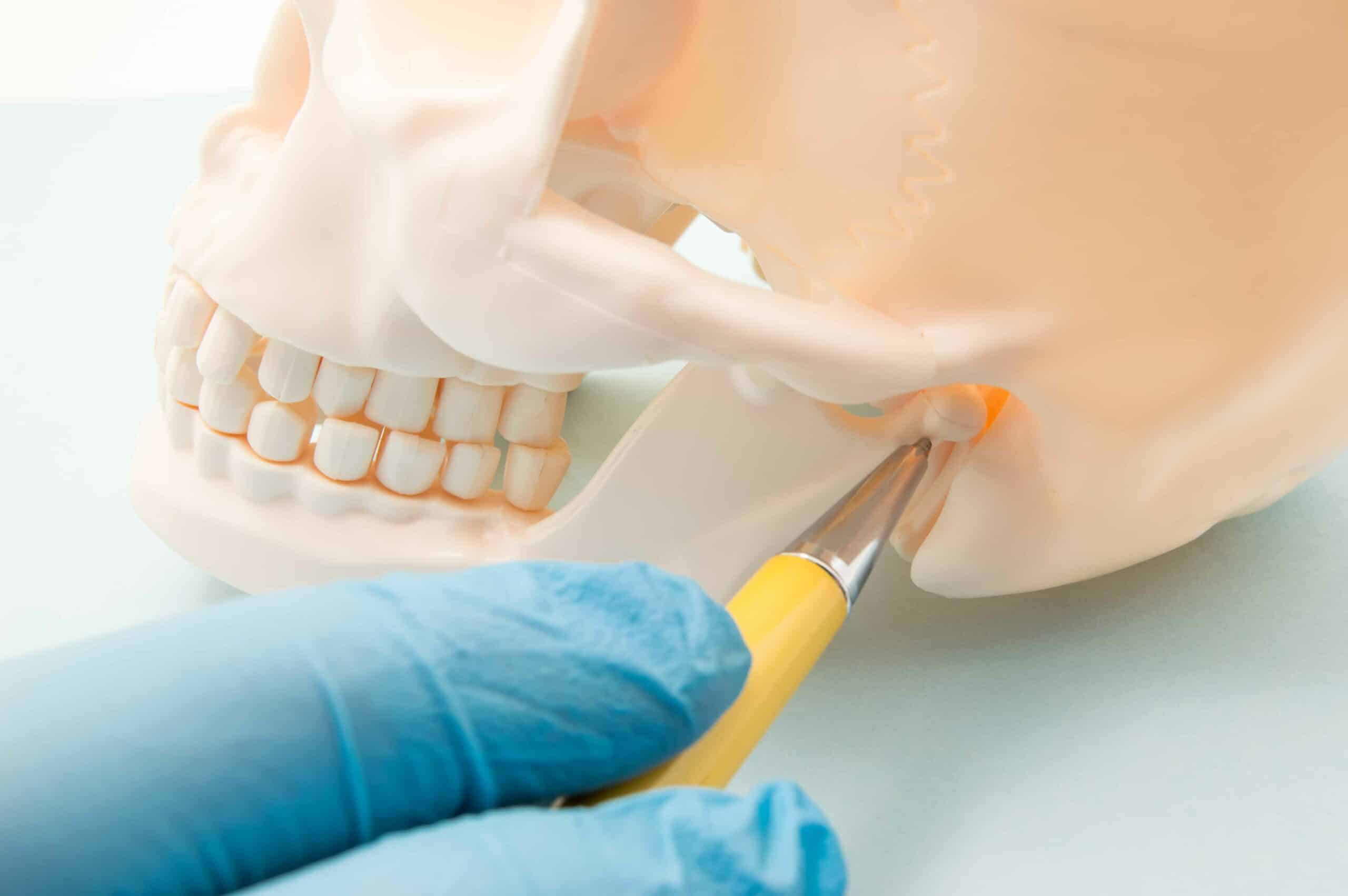
TMJ Therapy
About TMJ Therapy Toronto
However, clicking, jaw pain, or discomfort in chewing muscles doesn’t always mean you have TMJ. Some of these symptoms could be related to dental issues like tooth decay or an infection, grinding your teeth, or other illnesses that could resolve themselves. A doctor can diagnose TMJ.
What happens next?
We provide exams and x-rays to see the cause of the pain. Our capable staff will provide you with immediate relief and schedule additional appointments to resolve the problem.
Bentway Dental offers complete dental care so we can address any dental issue you have that caused the pain, whether it’s cosmetic dentistry to fix a chipped or broken tooth, an infection that may require a root canal, implants, or multiple teeth problems.
Our modern technology makes getting emergency work done simpler and easier for both the patient and the dentist.
Make an Appointment
The Jaw Joint
TMJ is a disorder that affects the temporomandibular joint. This is a joint located on each side of your head at the jaw. It’s the reason we can open and close our mouths as it acts like a hinge.
When someone is affected by TMJ, the hinge of the jaw has trouble moving. This can cause pain and even lock up. It can keep you from sleeping and enjoying your meals.
One of the misunderstandings about TMJ is what kind of doctor can fix it. It is a chronic problem that can be remedied in one or several ways, depending on the cause. While most people think only a dentist can resolve TMJ, it may take a combination of a dentist and a medical doctor to provide relief. Some holistic treatments can also provide jaw pain relief and can be used with other procedures.
Causes of TMJ
The treatment and type of doctor you seek for TMJ depends on the root cause of it. There are many causes for this disorder. Some causes include jaw injuries, tooth issues including decay, infections, other chronic diseases like lupus or rheumatoid arthritis, stress and teeth grinding that often goes with it, medical procedures, repetitive actions like chewing gum, and even bad posture.
TMJ could be rooted in several of these issues occurring at once. It could take both a dentist and a medical doctor to resolve a complicated TMJ problem.
Getting Treatment
One of the first and easiest options for getting to the bottom of your TMJ problem is to visit your dentist. An exam may reveal an infection or a cavity that could be at least part of the problem. A dentist can also provide you with a night guard to prevent you from grinding your teeth in your sleep and that can go a long way to relieving TMJ pain.
A common reason for jaw pain is teeth misalignment or a bite issue. A dentist may refer you to an orthodontist to resolve those types of problems but it could be a solution to consider.
After a dental visit, make an appointment with your medical doctor to be evaluated for things like arthritis, posture, and other problems that could be affected your jaw function. A medical doctor may check your posture and bone density if you are older to rule out those issues as possibilities. Those who have had medical procedures that are followed by jaw pain should talk to their doctor.
Treatments vary and could include both medical and alternative treatments. A dentist or doctor may show you exercises to strengthen and stretch jaw muscles. Other treatments include moist heat, ice, or ultrasound. The beneficial treatments will be in changing habits that aggravate pain.
One treatment that appears to work is wearing oral splints or mouth guards. These are devices worn over teeth and can be worn day or night. It isn’t sure why this helps but patients claim it relieves pain.
Surgery is an option but it should be saved as a last resort. Several types of surgeries can be done to relieve TMJ from arthrocentesis, which is a minimally invasive procedure, to open jaw surgery which is a far more invasive surgery that addresses a jaw’s structural problem. Other treatments include Botox injections, arthroscopy surgery, or a modified condylotomy, which is surgery to the mandible instead of the joint.
Each of these surgical treatments has a level of invasion with some less invasive than others. You will also need to know which are covered by insurance.
Be sure to talk to your doctor about the benefits and risks of each of these procedures to find out how invasive they are and how effective they could be. Your doctor may also require other tests to confirm diagnosis like an MRI. They may also start with a more conservative treatment to see if that works before talking about surgery.
Some TMJ patients find that holistic practices like acupuncture, meditation, and biofeedback are beneficial. This is particularly true if stress and teeth grinding is one of the core problems causing TMJ.
You should discuss all your options with both your medical doctor and your dentist so one treatment doesn’t cause problems with other treatments and so that all medications can be coordinated.
Get an Exam
Seeing your dentist for an exam and digital X-rays is the start of figuring out whether you have true TMJ or if it is just a temporary condition caused by a tooth infection or a cavity. Correcting your dental issues will rule out the possibility of jaw pain and allow you to find the true cause.
Plus, your oral care will benefit from an exam and X-rays. You may find out you have an undiagnosed oral health condition that needs correcting. Call us for an appointment today.
Other services

